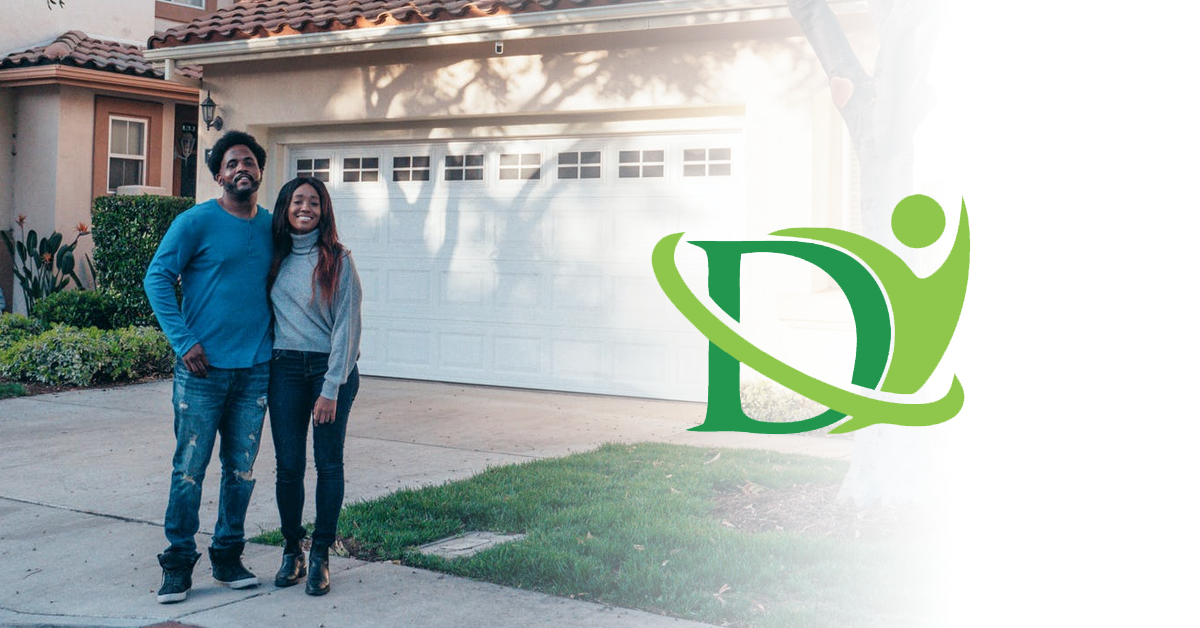
Signs Your Credit Card Debt Is Out of Hand
January 16, 2023
Keeping Mortgage a Good Debt – Everything You Need to Know
January 30, 2023Dealing with financial troubles can be an overwhelming and worrying experience. Money problems can cause a lot of stress and worry, and those feelings can be intensified when an individual is unsure about how these issues will affect various things, such as one’s home. We have a page that explains everything you need to know about bankruptcy in Canada.
That said, not many people know what can happen to a house should its owner file for bankruptcy. Here’s what must be known:
- Can Bankruptcy Be Filed If Equity Exists for a House?
It is possible to file for bankruptcy even if one has equity. However, the individual must first be considered insolvent, meaning one’s debts outweigh what one owes. Otherwise, the individual cannot continue to make payments on existing debts.
- What Happens to the Home When Bankruptcy Is Declared?
The home’s value, mortgage balance, and property taxes all factor into how much equity exists in a house. To determine if one can keep the home when one files for bankruptcy, one needs to know the current worth of the house, the amount owed on the mortgage, and the amount of money due in property taxes. The equation for this is simple:
Equity = House Market Value – Amount Owing on Mortgage – Outstanding Property Taxes
- How Can One Keep the House despite Filing for Bankruptcy?
If one has a small amount of equity in the house, and the outstanding debts are much more than one can pay off with house equity, the house can still be protected, given one can prove that payments can still be made to the lender. To ensure the home isn’t lost during bankruptcy, one must pay the LIT the amount of equity that exists for the home minus any provincial exemptions. These exemptions allow an individual to keep some equity still. With different assets being protected under such rules depending on location, it is vital to contact a local LIT for assistance.
- What Are the Possible Reasons a Home Is Lost after Filing for Bankruptcy?
If one can’t afford to pay all the outstanding debt, the trustee in bankruptcy might arrange for the house to be sold. The money will then be directed to the creditors that are owed money, which is one way a home can be lost after filing for bankruptcy.
- How Is the Mortgage Paid after Bankruptcy Is Filed?
Filing for bankruptcy can help make it easier to manage one’s financial obligations. During the bankruptcy process, one will have access to credit counselling which will provide strategies for budgeting, managing debt, and rebuilding credit.
Conclusion
Bankruptcy is a serious financial decision, and it is important to understand the effects it can have on one’s financial situation. To make an informed decision, one should understand the process of filing for bankruptcy, the types of debts that can be discharged, and how mortgage payments are handled after bankruptcy is filed. Such knowledge will help one protect the house while overcoming such a difficult financial moment.
DebtHelpers.ca offers customized debt solutions and a range of consulting services to help all Canadians achieve various financial goals. For debt helpers online, get in touch with us today.

